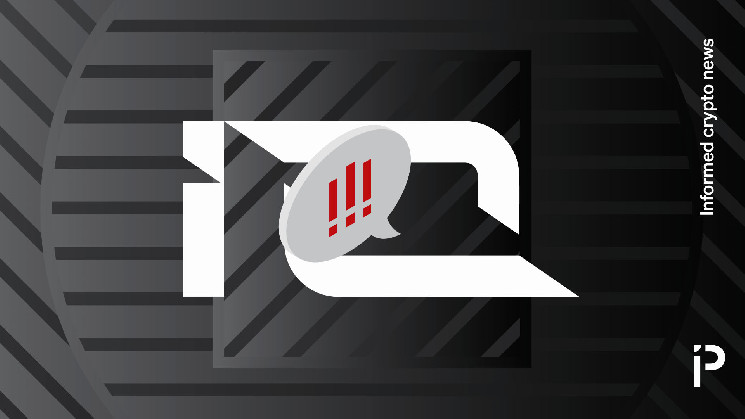Following criticisms over data credibility from Martin Shkreli and others, io.net’s founder and CEO Ahmad Shadid has published a ‘post-mortem’ statement, explaining, “We move fast, and sometimes we break things.”
Shadid’s post on X (formerly Twitter) describes a ‘game of cat and mouse’ to block spoofed network activity by those looking to game the anticipated IO token airdrop. The approach, known as a ‘sybil attack,’ aims to magnify an individual’s eligibility for rewards such as airdrops.
Various techniques were reportedly used to falsify the network’s GPU activity, including virtualized GPUs for sale by ‘bad actors’ and a user ID leak which was exploited to display fake nodes on the project’s explorer.
The number of nodes on the network was recently reported to be over half a million. Shadid explains that after running tests, io.net identified 120,000 verified nodes. However, this number also turned out to have been gamed. The post-mortem settles on a final number of around 12,000 ‘clusterable, verifiably active and real GPUs.’
Read more: Martin Shkreli tells reporter to ‘lick my balls,’ New York cancels his crypto event
Disgraced pharma-bro-turned-crypto-antihero Martin Shkreli has been vocal in calling out io.net on its metrics over the past few days. Others have also found it difficult to independently verify the numbers stated.
The Block editor Tim Copeland also pointed out the apparent manipulation of news related to the project on X.
However, others have suggested that Shkreli’s tirade may have an ulterior motive.
The project, which raised $30 million at a billion-dollar valuation last month, describes itself as ‘AI compute-as-a-currency’ and falls into a category known as decentralized physical infrastructure networks (DePIN).
Read the full article here

